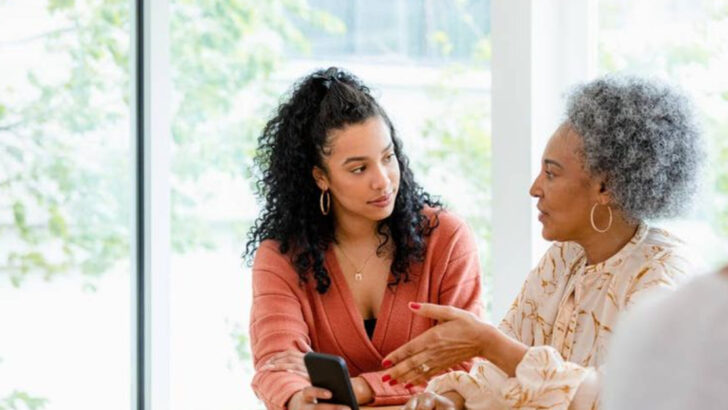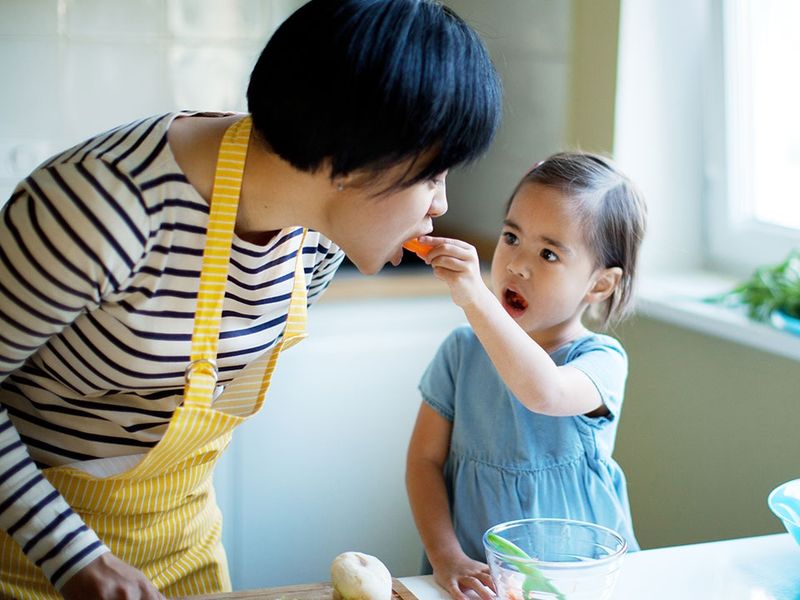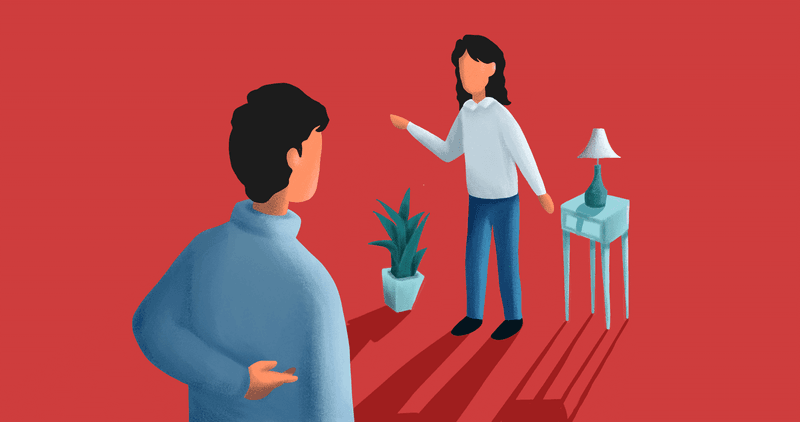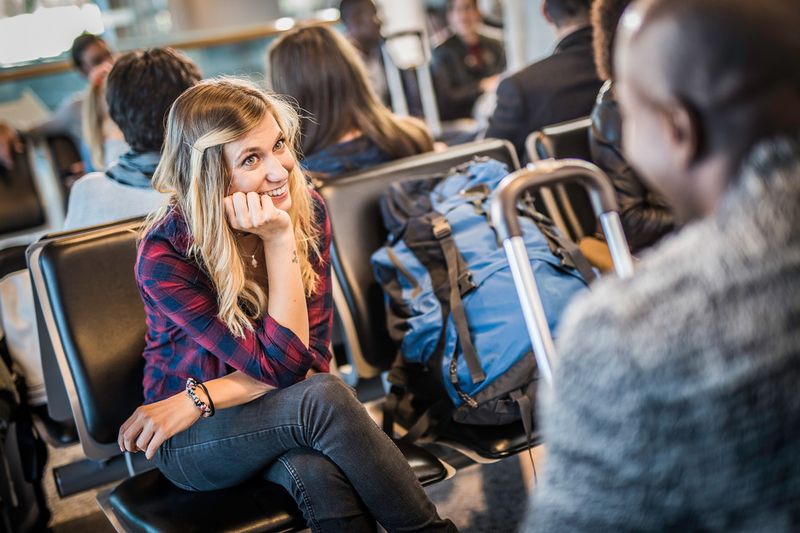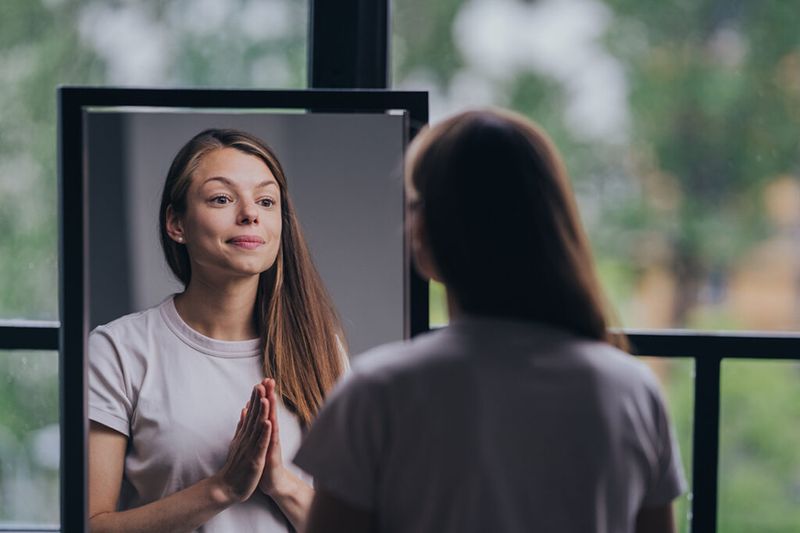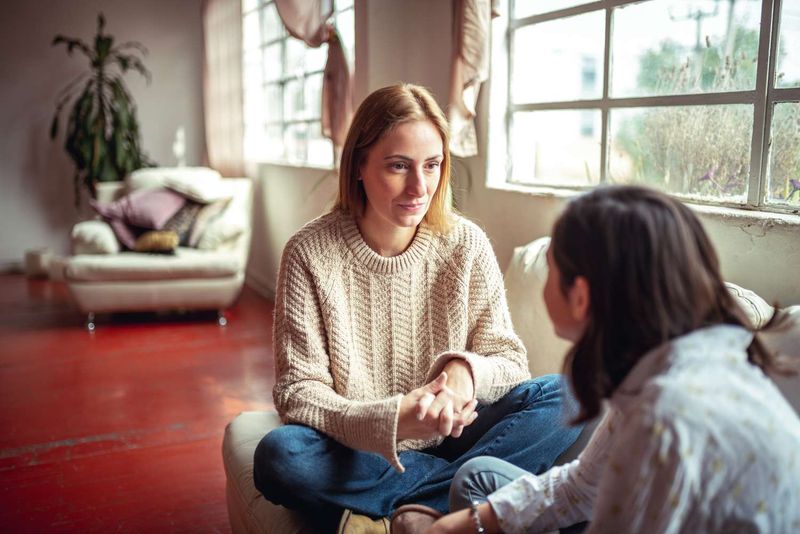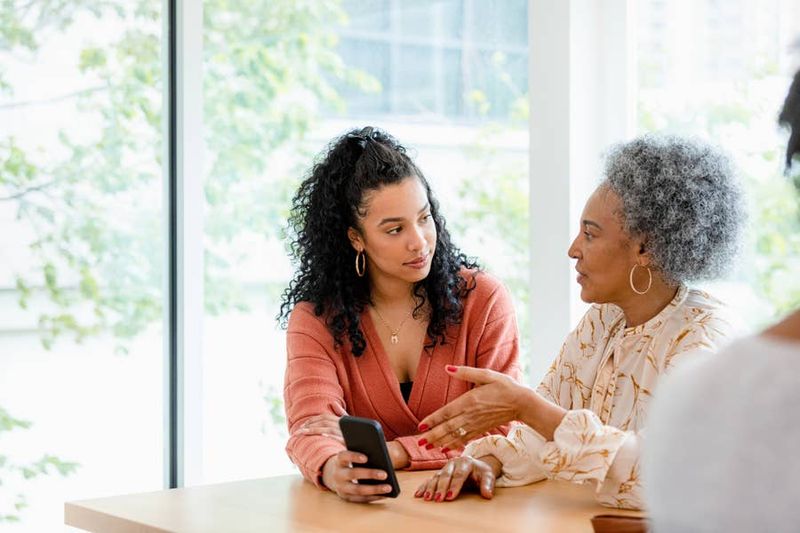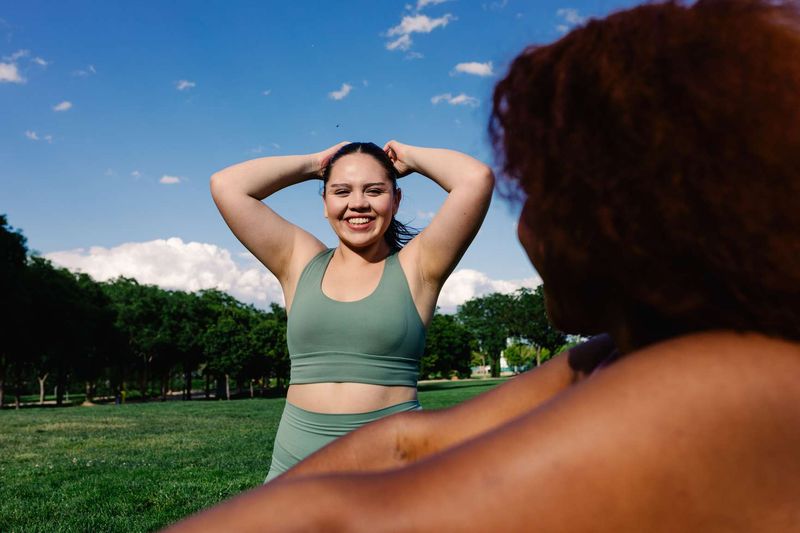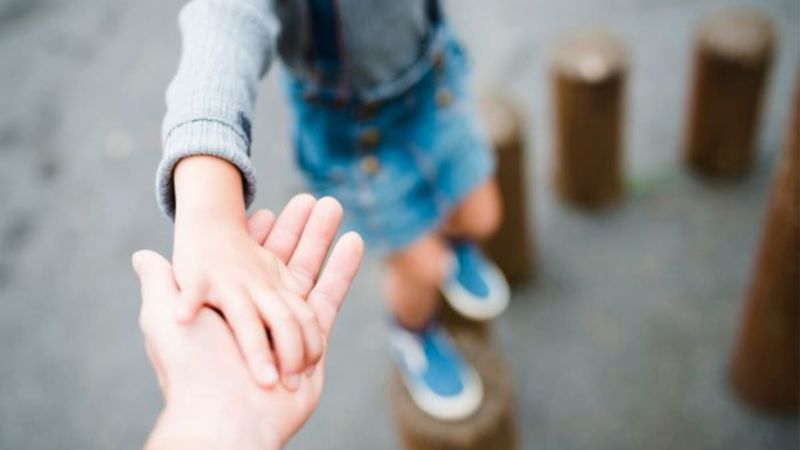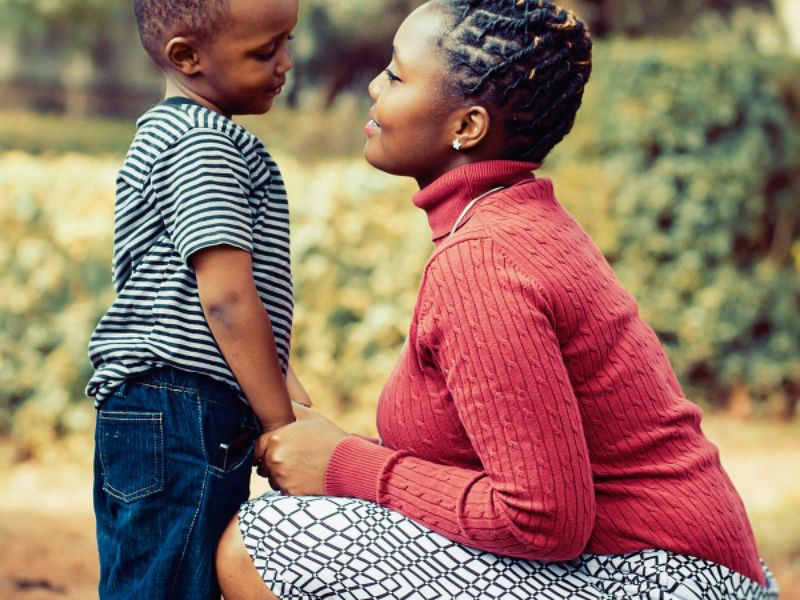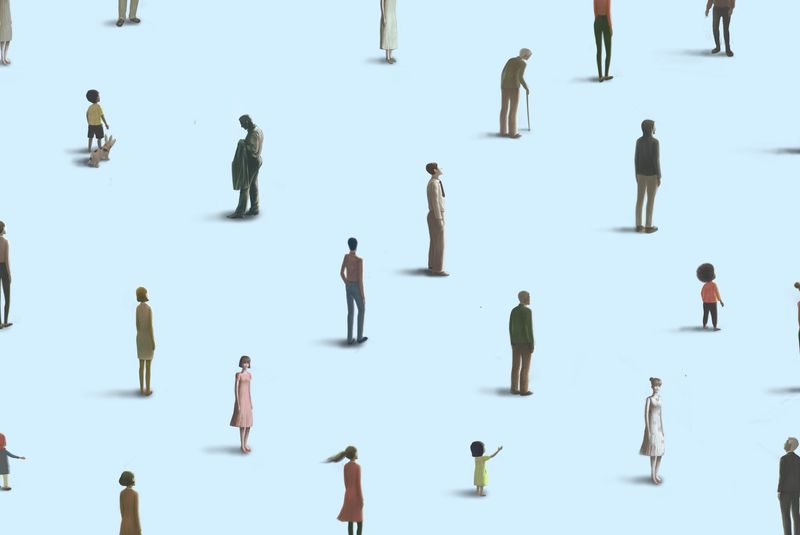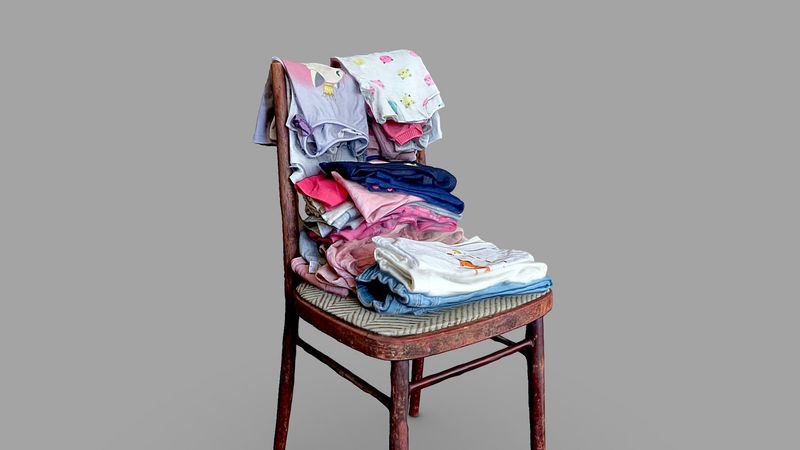You can roll your eyes now, but you know there’s a little voice in your head that sounds suspiciously like your mom or dad. I used to swear I’d never say the things they did. Now, half my life is spent repeating them—sometimes to myself, sometimes out loud when no one’s even listening.
My sister has a saying: “I open my mouth and mom comes out.” It pretty much sums up what this is about.
There’s a stubborn comfort in realizing they may not have been right about everything, but when they were, oh—they were spot on. Here are 19 things I finally admit, through gritted teeth or a soft laugh, my parents completely nailed.
1. Save Your Money
There’s nothing glamorous about saving money. No one claps for your emergency fund, and you don’t get congratulated for passing up a flash sale. But the day your car breaks down and you actually have enough in your account to cover it, you feel like the universe just handed you a secret gold star.
I learned the hard way that being broke isn’t a personality trait. It’s just stressful. My parents drilled budgeting into my brain, and I hated it—until I moved out and every dollar started counting double.
Let’s be honest, the world doesn’t wait for you to catch up financially. Bills arrive on time even when your paycheck doesn’t. Saving money isn’t about being boring or stingy; it’s about being ready for the weird curveballs life throws. That’s a freedom I didn’t appreciate until I tasted it, and now I can’t give it up.
2. Eat Your Vegetables
I acted like eating broccoli was the worst crime against humanity as a kid. Fast forward, and now I’m voluntarily adding spinach to things that definitely don’t need spinach. Turns out, my skin, my gut, and my energy levels all prefer me when I eat like someone who wants to feel good.
My parents didn’t just want to torture me at dinner. They genuinely cared about me feeling strong—sometimes I forget that. The vitamins, the fiber, all those boring lectures? They paid off in ways I couldn’t see at the time.
Now, when I meal prep or force myself to eat another salad, I hear their voices. I’ve stopped fighting it. You may not crave kale, but your future self is going to thank you for the upgrade, even if present you is rolling your eyes.
3. Be Honest
Honesty feels like ripping off a bandage—quick, sharp, and then relief. I used to think white lies were harmless, but every little fib started to add up, making me feel trapped by my own stories. My parents insisted honesty was non-negotiable, not just for others but for myself, too.
It’s not about being blunt or cruel. It’s about having fewer secrets with the people you care about, and not carrying around that sick feeling in your stomach. I realized trust is fragile—one lie can shatter it, and it never feels quite the same.
I wish I’d learned earlier that honesty isn’t about being perfect. It’s about showing up as you really are, flaws and all. And when your parent’s voice tells you to tell the truth, they’re not trying to ruin your fun—they’re trying to give you peace.
4. Don’t Talk to Strangers
“Don’t talk to strangers,” they said—and I rolled my eyes, thinking the world was mostly good. And generally, it is. But I’ve learned there’s wisdom in being a little cautious, especially when you’re out at night or moving through unfamiliar places alone.
It’s not about living in fear. It’s about tuning into that gut feeling that whispers, “Something’s off.” My parents weren’t paranoid; they just knew you can’t read intentions by surface appearances.
Now, I listen more closely to my instincts. I’m not rude, just careful. It’s a weird relief to realize that setting boundaries with strangers isn’t rude; it’s survival—sometimes, it’s the difference between a safe night and a story you don’t want to tell.
5. Take Responsibility for Your Actions
Blaming other people is easy. I did it for years—jobs, friends, even the weather. My parents always called me out, asking, “But what was your part in it?” That question annoyed me until I realized how freeing it is to own your mistakes.
Responsibility means you have the power to change things. It stings to admit when you mess up, but it’s the only way to actually do better next time. I hated apologizing, but nothing feels worse than knowing you dodged the truth.
The best part? Owning your actions makes you stronger, not weaker. It’s not about guilt; it’s about growth. And every time I step up, I feel a little braver—like I’m finally the adult my parents hoped I’d be.
6. Think Before You Speak
My mouth has always worked faster than my brain. More than once, I’ve said something sharp and watched the mood in a room turn icy. My parents warned me—words can’t be unsaid, and I never believed them until I saw friendships fizzle over careless comments.
Ora, I catch myself pausing before responding, especially when I’m upset. It’s like a muscle you have to build. At times the best thing you can say is nothing at all, at least for a minute.
I used to think silence was awkward, but now I see it as a gift. It gives you space to make sure what you’re about to say helps, not hurts. Their advice? It saved me from a lot of regret.
7. Don’t Compare Yourself to Others
Scrolling and comparing—my nightly routine for years. I measured my worth against filtered faces and curated lives, always coming up short. My parents warned me that comparison steals joy, but I thought I was just being motivated.
Turns out, you can’t win a race you weren’t meant to run. It took me a long time to realize that the only person I need to outdo is yesterday’s version of myself. The people I envied weren’t as perfect as they looked, and neither was I.
Now, I put the phone down more often. I remind myself that real happiness comes from living, not performing. My parents’ voices echo every time I start to spiral—and sometimes, that’s enough to snap me back.
8. Be Polite
Politeness isn’t just about manners—it’s about recognizing other people exist in the world. My parents drilled “please” and “thank you” into my vocabulary, and I used to think it was just for show. But the older I get, the more I see how tiny courtesies make life smoother.
Opening a door, saying hello to the cashier, giving up your seat—none of this costs you anything. Yet it makes the world, and your day, a little lighter. I’ve seen grumpy strangers soften, and tense moments turn around, just because I bothered to be polite.
Being kind doesn’t mean being a pushover. It means you’re aware, present, and willing to add a little warmth to the world. That counts for more than I ever expected.
9. Take Care of Your Health
I treated my body like an afterthought for too long—sleep was optional, breakfast was coffee, and exercise was a suggestion, not a rule. My parents nagged about check-ups, going to bed early, and drinking water, and I ignored every word.
Then my body started talking back—loudly. It turns out, you can’t trade sleep for caffeine forever, and skipping meals eventually catches up with you. No amount of makeup covers up exhaustion.
Now, I do the things I used to call boring. I stretch, I drink water, I book those doctor appointments. It’s not glamorous, but it’s grounding. My parents were right: taking care of your health isn’t a punishment—it’s a privilege.
10. Life Isn’t Fair
We all want life to play by the rules. I kept searching for fairness, thinking if I worked hard and played nice, the universe would eventually reward me. My parents always shook their heads and said, “Life isn’t fair.” I hated hearing it, but they were right.
Some people get lucky breaks, others get piled with challenges. I’ve learned you can’t wait for fairness to show up before you start living. The world owes you nothing, and that’s not cynical—that’s reality.
Letting go of the need for balance helped me focus on what I could control. Instead of waiting for things to even out, I try to make the most of what I have. It’s not easy, but it’s real. That lesson stung, but it stuck.
11. Be Careful With Credit Cards
Getting my first credit card felt like a rite of passage—freedom, until the first statement arrived. I ignored my parents’ warnings and treated it like free money. It took me one shopping spree and several months of minimum payments to realize, interest is a silent thief.
Debt sneaks up on you. It’s not dramatic at first, just a slow drip that turns into a flood. My parents wanted to spare me that anxiety, but I had to see the numbers for myself before I understood the weight.
Now, I treat credit cards like a loan, not a gift. I pay attention, I budget, and I pause before swiping. Turns out, financial freedom isn’t about having more credit—it’s about using less.
12. Don’t Stay Up Too Late
The allure of “just one more episode” is real. I used to pride myself on running on empty, convinced that sleep was for the weak. My parents’ nagging about bedtime felt ancient, a rule I couldn’t wait to break.
But exhaustion is slick—it doesn’t hit all at once. It sneaks in, dulls your mind, shortens your fuse. The world looks darker when you’re tired, and your body knows it.
Now, I guard my sleep like it’s sacred. I realize my patience, creativity, and sanity depend on it. Maybe my parents just wanted some peace and quiet at night, but I suspect they also knew what real tiredness could steal from you.
13. Always Be Honest
This one’s so basic it feels obvious. But living it? That’s harder. I tried lying by omission—leaving things out, skirting the truth. My parents saw right through me, every single time. Turns out, honesty isn’t just about telling the truth, it’s about being brave enough to be real.
I’ve lost friendships over half-truths. I’ve watched trust dissolve with one stupid decision. Every time I tried to hide, it caught up with me eventually, and it hurt more than if I’d just been open from the start.
Being honest is a habit you practice, not a switch you flip. It’s messy and awkward, but it’s the only way I’ve found to keep my relationships clean. My parents were right—honesty always finds its way to the surface.
14. Don’t Burn Your Bridges
There’s a wild relief in telling someone off, slamming the proverbial door. I used to think cutting ties was a power move—final, satisfying, and deserved. My parents, though, always urged caution: “Leave things as kindly as you can.”
Life is unpredictable, circles overlap, and people you thought you’d never see again suddenly pop up at the worst (or best) times. Bridges you burn can keep you out of places you might want to go back to.
I’ve learned that holding my tongue and leaving with grace is not weakness—it’s strategic kindness. The world is smaller than you think. My parents didn’t want me to stay in bad situations, but they knew a scorched earth policy rarely works out.
15. Don’t Leave The House With A Wet Head
There’s an odd comfort in the old wives’ tales. “Don’t leave the house with a wet head,” my mom would say, chasing me with a hairdryer. I used to laugh it off, but the day I walked out with dripping hair and spent the afternoon shivering, I had to admit she had a point.
It’s not just about colds or being superstitious. It’s about taking the extra minute to care for yourself before stepping into the world, even on the busiest mornings. It’s one of those tiny routines that signals you’re ready for whatever comes next.
Now, I take the time. I may not believe I’ll get sick every time, but I do know I feel better dry, warm, and put together. Occasionally, the little rituals stick with us for a reason.
16. Don’t Talk Behind Someone’s Back
Gossip is addictive. I thought it was harmless, a way to bond over mutual annoyance. My parents were quick to call out when I crossed the line into talking about people who weren’t present.
It took being on the receiving end—hearing my own name twisted in someone else’s story—to realize how it stings. Nothing unravels trust faster than betrayal, even the small, whispered kind.
Now, I weigh my words. I ask myself, Would I say this if they were here? Most times, the answer is no. I’d rather lose a juicy story than a friend.
17. Don’t Follow The Crowd
It’s easier to blend in. For a long time, I just went with whatever the group wanted—restaurants, opinions, even clothes. My parents always nudged me to ask what I actually liked, but I didn’t know how to answer.
Standing out feels risky. It’s lonely at first, and sometimes you get side-eyes or questions you can’t answer. But the first time I said no when everyone else said yes, I felt more like myself than I ever had before.
Now, I trust my own gut. Following the crowd isn’t safety; it’s self-abandonment. My parents knew that, even if I couldn’t see it yet.
18. Don’t Be Reckless
There’s a thrill to ignoring warnings, pushing your luck, and pretending you’re invincible. I did it plenty. My parents, though, always had a radar for recklessness. They called me out when I sped through yellow lights or said yes to things I didn’t really want.
Being careful isn’t boring—it’s survival. One impulsive decision can change a lot. The truth is, you remember the times you went too far much more clearly than the times you played it safe.
Now, I calculate risks. I take chances that matter, and I avoid the ones that don’t. My parents weren’t out to stifle my fun; they just wanted me to get home safe.
19. Don’t Set It Down, Put It Away
Disorder always finds me when I’m tired. I used to drop my stuff wherever, thinking I’d remember later. My parents’ mantra: “Don’t set it down, put it away.” I rolled my eyes, but now I get it—clutter multiplies when you’re not looking.
It’s not about being neat for the sake of neatness. It’s about respecting your space and your time. Turns out, those little extra steps save you hours of frantic searching when you’re late.
Now, I have a place for everything. I put things away—not because I love cleaning, but because I hate chaos more. That lesson? It finally stuck, and my mornings thank me for it.

